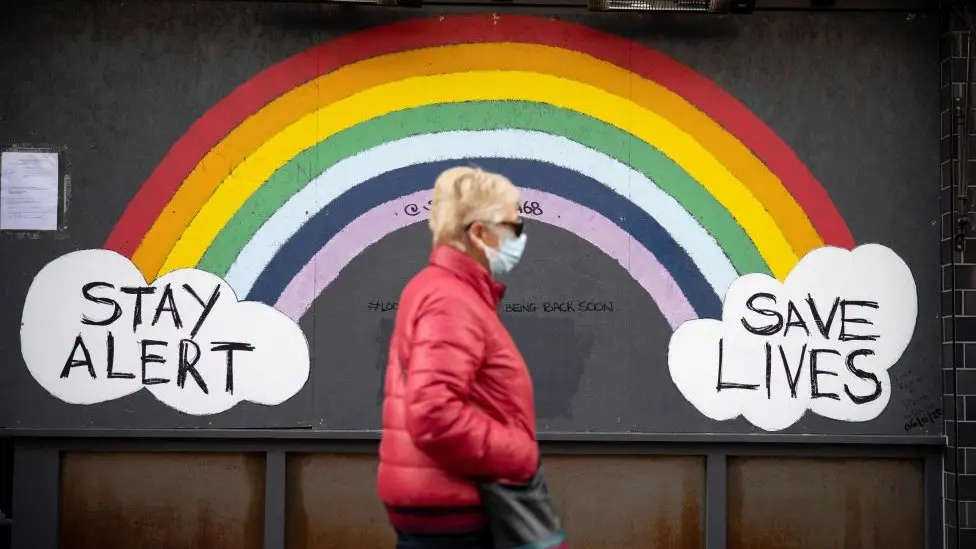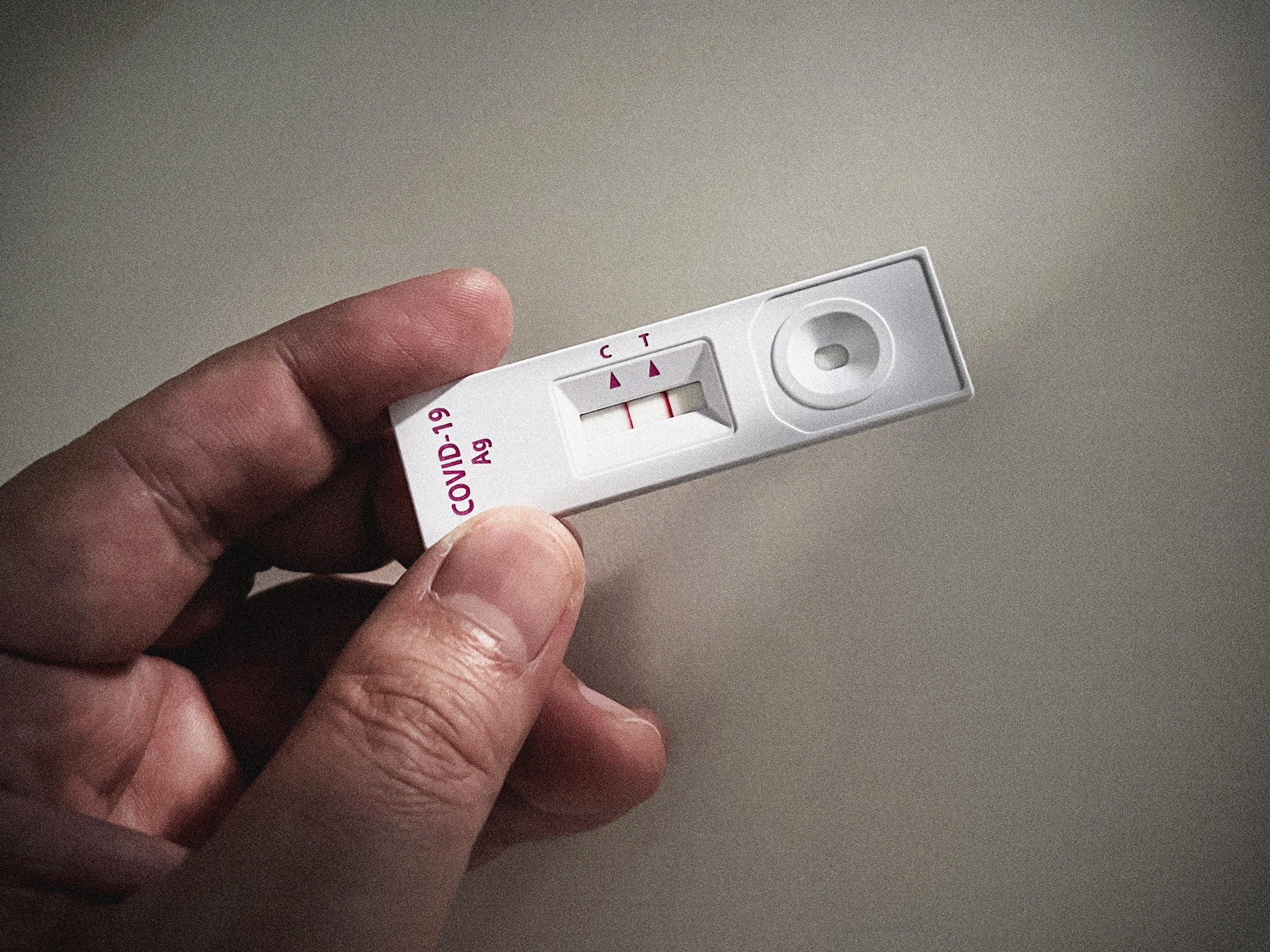What is the infected blood scandal?
What is the infected blood scandal?
The infected blood scandal refers to a series of incidents in the 1970s and 1980s where individuals were infected with HIV and hepatitis through…

What is the infected blood scandal?
The infected blood scandal refers to a series of incidents in the 1970s and 1980s where individuals were infected with HIV and hepatitis through contaminated blood products.
Thousands of people, including hemophiliacs and blood transfusion recipients, were affected by this scandal.
The contaminated blood products were often sourced from high-risk populations, such as prisoners and drug users, who were not properly screened for infections.
The scandal had far-reaching consequences, leading to the deaths of many individuals who unknowingly received infected blood.
Victims and their families have been campaigning for justice and compensation for decades, as many of them continue to suffer from the long-term effects of these infections.
The scandal exposed major failings in the blood supply system and highlighted the importance of strict screening and testing protocols to prevent similar incidents from happening in the future.
Government inquiries and investigations have been conducted to uncover the truth about the infected blood scandal and hold those responsible accountable.
Despite the passage of time, the legacy of the infected blood scandal continues to impact the lives of those affected, serving as a reminder of the importance of patient safety and transparency in healthcare systems.
Efforts are ongoing to provide support and compensation to victims of the infected blood scandal and to ensure that such a tragedy never happens again.







